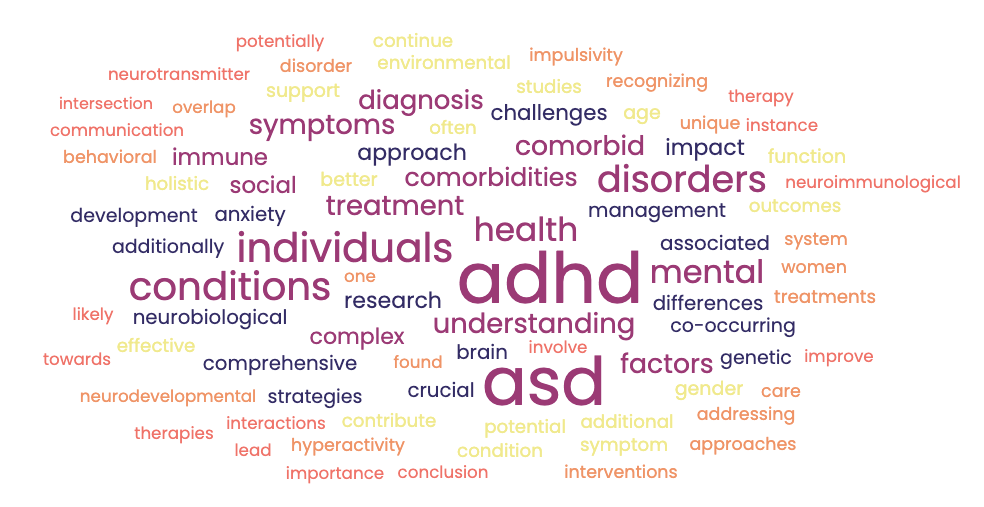Whether it be vegetables, fruits or any other type of food, it is common for parents to worry about their children not eating foods that we know are good for them. Every parent wants what is best for their child, and believe it or not, every child physically wants food that nourishes their body and gives them energy and nutrients that keep them healthy. I work with families everyday to help their children meet their nutrient needs and achieve their individual growth and development potential. In the end, this is a large part of why children need a well-balanced diet.
At Professional Child Development Associates (PCDA), our interdisciplinary team sees a wide range of children with various feeding challenges and medical conditions. Despite having complex situations, our families strive to achieve typical family and feeding dynamics. Examples of feeding goals for any family may include: eating meals as a family, trying new foods, finding realistic healthy snacks and lunch items to pack in a child’s school lunch, strategies to improve a child’s constipation, increasing fluid intake, and meeting vitamin and mineral needs.
Ellyn Satter is a Registered Dietitian Nutritionist and Family Therapist that is renown for her work on Division of Responsibility in Feeding. Ellyn Satter Associates resources focus on ways for parents to take leadership with feeding while letting their child own what (s)he eats. The model states that:
The parent/caregiver decides: What, Where, and When the child will eat.1
The child decides: How Much, and Whether or Not they will eat.1
Easy as pie right?! Not always… Although very straightforward, it is often difficult for families to jump right in to new feeding dynamics and mealtime routines. It takes time and patience. Practice the division of responsibilities around all meals and foods, preferred and non-preferred. Do your best to breathe and relax because your child knows when you are stressed or worried about what they are eating.
And no matter what your situation is, it is important to remember that every child is different. Your child may love blueberries. Your friend’s child may eat green beans every day. Your cousin’s child may refuse to drink water. Your son might be excited to try new things, while your daughter might be nervous. All of these behaviors are perfectly typical. Just like you have certain personality traits and taste preferences, so does your child. Patience, support, making efforts to help your child communicate what is difficult for them, and telling your child that you understand their struggles are key to success.
Here are some ideas for first steps to establishing these responsibilities around new foods:
· Start with setting stage-appropriate expectations for your child. For an infant, this may be having a feeding schedule that helps your child understand it is time to eat every 2-3 hours. For a toddler, this may be helping them understand that we eat at the table and when you get up, we are no longer going to eat. For a child, this may be setting standards like we drink water with meals. Remember, you decide what, where, and when.
· Introduce new foods to your child without expectations of eating them on the first try. Sometimes it takes 10-15 exposures to a new food before a typical child is interested in trying it. Understand that your role is to present the new food and it is your child’s choice whether or not and how much they want to eat. Do NOT force him/her to eat it.
· Try exploring new foods in ways that do not include eating. Involve your child in the cooking/food preparation process (ex: wash the fruit, stir the batter, etc.). Show your child that the new food is safe by putting it on the same plate as something they love to eat. See if your child will touch it. Will they build a smiley face with it? Smell it and see if they want to smell it. Will they lick it or taste it? Be creative and try different things to help your child become comfortable with the new food.
There are instances that may tell parents that a child’s feeding challenges go beyond the usual “picky eating.” If you have concerns or questions about your child’s health, seek help from an interdisciplinary feeding team. This may include a pediatrician, a dietitian, an occupational therapist, a speech and language pathologist, a psychologist, and more. A team approach is the gold standard and it ensures that your child is understood as a whole.
For more about feeding therapy and developmental services at PCDA, visit: http://www.pcdateam.org
For more about stage-related feeding and for Ellyn Satter’s books, videos, and other resources visit: http://ellynsatterinstitute.org/htf/agesandstagesindex.php/
Jonae Perez, MPH, RD
Registered Dietitian
Jonae Perez is currently a clinical dietitian at Professional Child Development Associates providing nutrition counseling for children with special health care needs. She completed her Master of Public Health and nutrition training at the University of Washington, Seattle. She has a background in exercise science and is passionate about adult and pediatric wellness.
REFERENCES
1. http://www.ellynsatterinstitute.org/dor/divisionsofresponsibility.php







